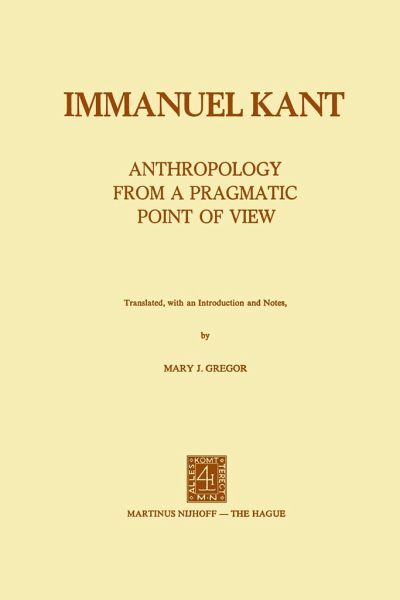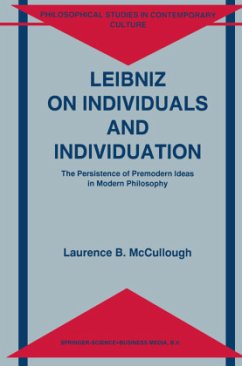
Anthropology from a Pragmatic Point of View

PAYBACK Punkte
39 °P sammeln!
In a footnote to the Preface of his A nthropology Kant gives, if not altogether accurately, the historical background for the publication of this work. The A nthropology is, in effect, his manual for a course of lectures which he gave "for some thirty years," in the winter semesters at the University of Konigsberg. In 1797, when old age forced him to discontinue the course and he felt that his manual would not compete with the lectures themselves, he decided to let the work be published (Ak. VII, 354, 356). The reader will readily see why these lectures were, as Kant says, popular ones, attend...
In a footnote to the Preface of his A nthropology Kant gives, if not altogether accurately, the historical background for the publication of this work. The A nthropology is, in effect, his manual for a course of lectures which he gave "for some thirty years," in the winter semesters at the University of Konigsberg. In 1797, when old age forced him to discontinue the course and he felt that his manual would not compete with the lectures themselves, he decided to let the work be published (Ak. VII, 354, 356). The reader will readily see why these lectures were, as Kant says, popular ones, attended by people from other walks of life. In both content and style the Anthropology is far removed from the rigors of the Critiques. Yet the Anthropology presents its own special problems. The student of Kant who struggles through the Critique of Pure Reason is undoubtedly left in some perplexity regarding specific points in it, but he is quite clear as to what Kant is attempting to do in the work. On finishing the Anthropology he may well find himself in just the opposite situation. While its discussions of the functioning of man's various powers are, on the whole, quite lucid and even entertaining, the purpose of the work remains somewhat vague. The questions: what is pragmatic anthropology? what is its relation to Kant's more strictly philosophical works? have not been answered satisfactorily.















